Books
Ghosts of the KKK still haunt American politics
The extreme savagery of the ‘white knights’ may be a thing of the past, but echoes of the Klan were all over the shameful Capitol attack of 2021, says Kristofer Allerfeldt
How ever did the inbred Habsburgs control their vast empire?
For centuries, a line of mentally retarded monarchs managed extraordinary feats of engineering across the world against all odds
The dirty war of Sefton Delmer
Anything to break German morale was allowable in Delmer’s broadcasts from Wavendon Towers – which purported to come from a disgruntled character within Nazi Germany
How much would your family stump up for your ransom?
Researching The Price of Life, Jenny Kleeman interviews Stephen Collet, who describes haggling for a year with the Somali pirates who kidnapped his sister in October 2009
Work, walk, meditate: Practice, by Rosalind Brown, reviewed
An Oxford undergraduate makes a detailed plan for getting the most out of a quiet Sunday in January, but soon starts musing on what it feels like to be distracted
Conning the booktrade connoisseurs
Fuelled by loathing and resentment, Thomas James Wise set about defrauding as many privileged bibliophiles as he could – only to be rumbled by two of their number
You are what you don’t eat
In the past, the ability to preserve food depended largely on people’s means, making Eleanor Barnett’s history of food waste also a history of changing attitudes to poverty
The end of days: It Lasts Forever And Then It’s Over, by Anne de Marcken, reviewed
‘Don’t try to picture the apocalypse’, advises the novel’s unnamed zombie narrator. ‘Everything looks exactly the way you remembered it.’
The stark horror of Barbara Comyns’s fiction was all too autobiographical
Comyns’s fans have long enjoyed the novels’ macabre details and black humour. Now Avril Horner reveals their disturbing sources
A web of rivalries: The Extinction of Irena Rey, by Jennifer Croft, reviewed
Eight translators gather to work on a novel written by their heroine, Irena Rey. But when she goes missing in a nearby forest, relations between them begin to fray
The tyranny of 1970s self-help gurus
Clients pursuing ’true self’ were expected to wear identical clothes, shave their heads, self-flagellate and be ‘given hell’, while paying through the nose for it
Dinosaurs, dogma and the Victorian mind
The ‘monsters’ dug from the cliffs of Lyme Regis did not sit well with the literal reading of Genesis – but many other issues contributed to the famed Victorian crisis of faith
The lonely passions of Carson McCullers
McCullers’s acclaimed first novel, written when she was 23, drew her into the orbit of several female writers with whom she fell in love – but it was never reciprocated for long
The many Jesus-like figures of the ancient world
Early Christianity positively welcomed comparisons between Jesus and Socrates, Asclepius, Emperor Vespasian and Apollonius of Tyana, according to Catherine Nixey
The fresh, forceful voice of Frantz Fanon
The Marxist from Martinique became a rallying figure for anti-colonial movements across the world. But might he have revised his violent message had he lived longer?
An unenviable mission: Clear, by Carys Davies, reviewed
It is 1843, the year of the Great Disruption in the Scottish Church, and an impoverished minister is being paid to clear a lonely North Sea island of any remaining inhabitants
Before the Blitz: the dynamism of British architecture
Many competing styles flourished in the interwar years, including functionalism, art deco, neoclassicism, seaside moderne, mock-Mayan and Egyptian revivalism
The hellraisers of Hoxton: Art, by Peter Carty, reviewed
The pretensions of the Young British Artists are lampooned in Carty’s debut novel – but there’s still something irresistible about the 1990s London it recreates
A war reporter bravely faces death – but not from sniper fire
As a foreign correspondent for the New York Times, Rod Nordland learned to expect many dangers, but a brain tumour wasn’t one of them
A free spirit: Clairmont, by Lesley McDowell, reviewed
Even by the Villa Diodati’s standards, Claire Clairmont was unconventional, seducing Byron when she was 18, and giving birth to their child after a possible affair with Shelley

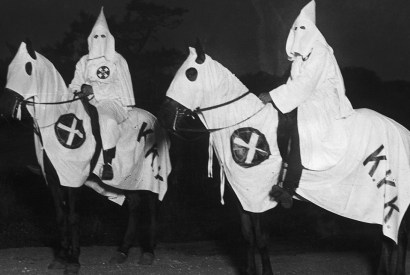

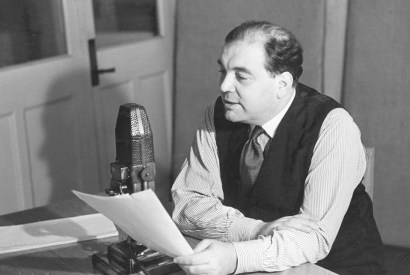



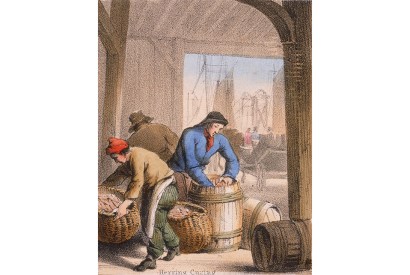



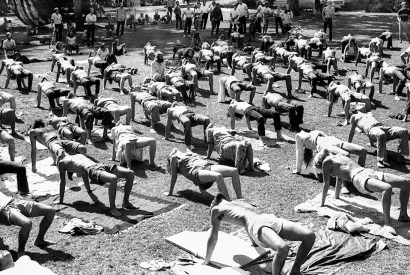



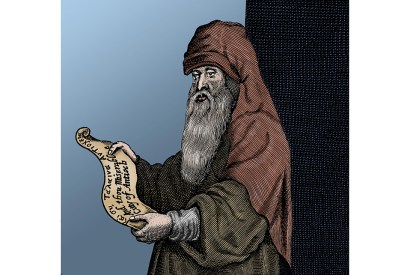
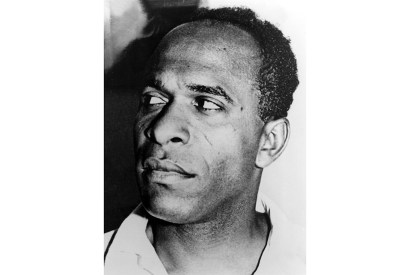

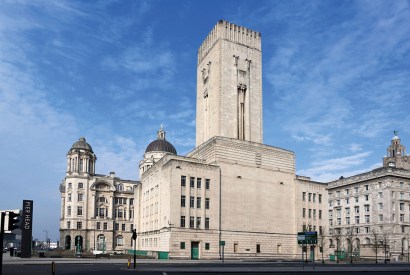


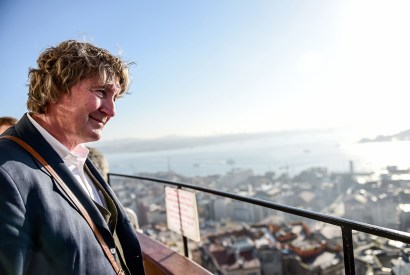
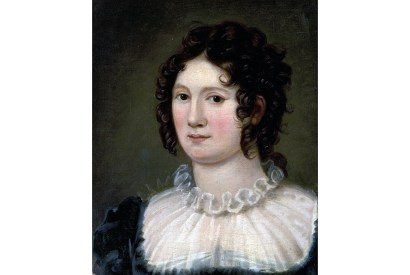






The problem with trying to resuscitate dying languages
Samantha Ellis 9 March 2024 9:00 am
Ross Perlin is determined to support the ‘last speakers’ of endangered tongues, such as Seke. But if these speakers really are the last, they are not, in any real sense, speaking